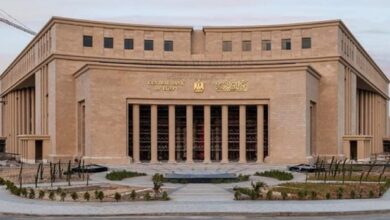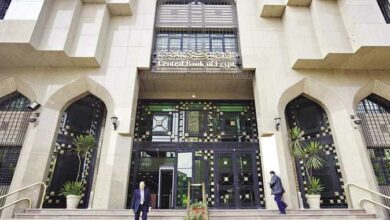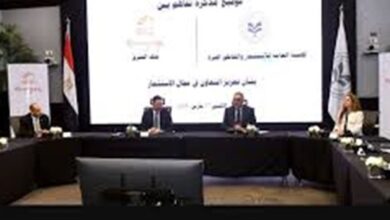Egypt’s ruling Supreme Council of the Armed Forces (SCAF) is leaning toward extending the tenure of Central Bank of Egypt (CBE) Governor Farouk al-Oqda for an additional four years, banking sources have said.
Oqda has held the post since 2006. He had spent 20 years at the Bank of New York, one of the United States’ most famous banks, where he reached the position of deputy chairman. He has also worked as board director of the National Bank of Egypt (NBE).
Financial observers place Oqda among the CBE’s most successful directors in recent years. They credit him with creating a foreign reserve of US$35 billion before the 25 January revolution, as well as protecting customers' deposits in Egyptian banks during the 2009 global financial crisis.
Before the breakout of the January uprising, press reports said Oqda was a potential replacement for Egypt’s former Prime Minister Ahmed Nazif, whose government was involved in several corruption cases and had failed to ensure social justice in the country.
The sources also revealed that the SCAF is expected to appoint two deputies for the CBE’s chief, as well as a representative from the Finance Ministry and another from the Egyptian Financial Supervisory Authority to the CBE's governing board. The sources predicted the board to also include four experts with interests consistent with the CBE’s.
The number of board members will be cut down from 15 to nine in its new formation, the sources added.
The CBE recently proposed to the cabinet and the ruling military council amendments to its own rules. The amendments include barring bank officials and workers from financial consulting firms from being appointed to the CBE board, so as to avoid conflicts of interest.
The same banking sources, who asked not to be named, said the SCAF will not renew the current CBE board, as its members have such conflicts of interest.
Meanwhile, the resignation of CBE’s deputy chief, Hesham Ramez, has been confirmed. Ramez apologized for not extending his term, saying he has received job offers from other financial institutions.
Translated from the Arabic Edition




